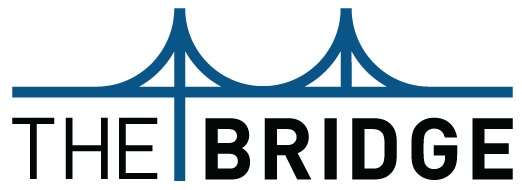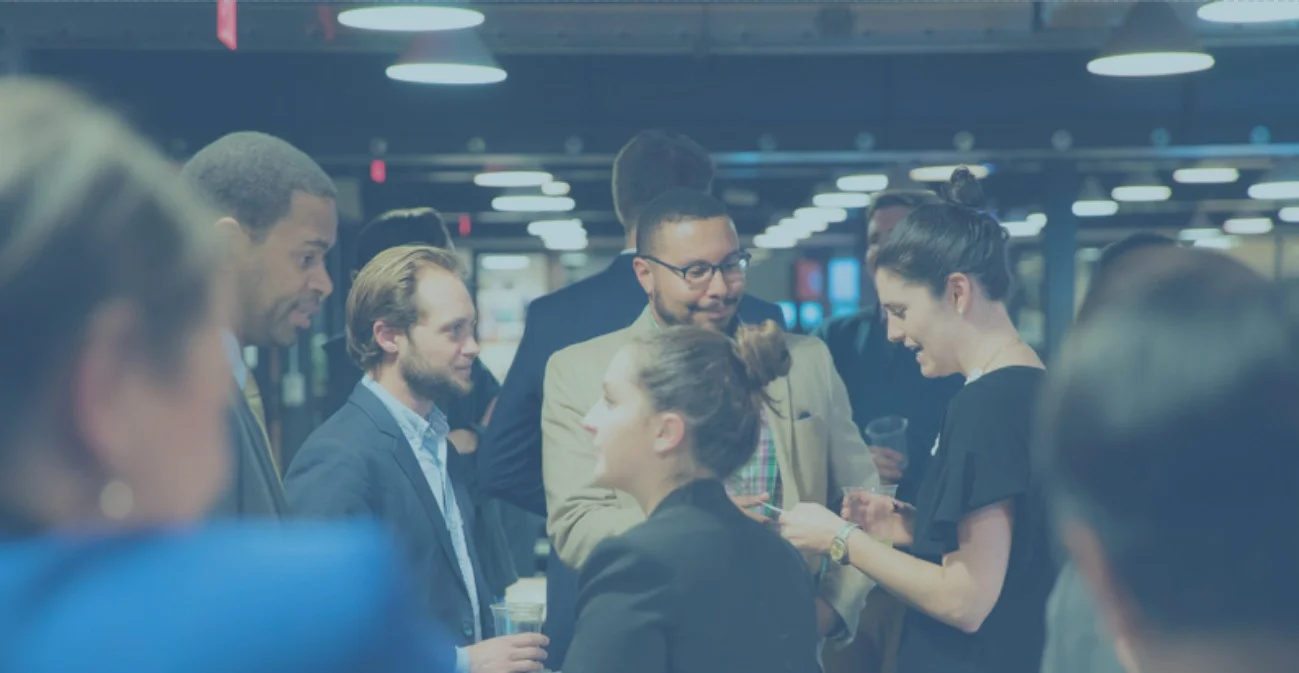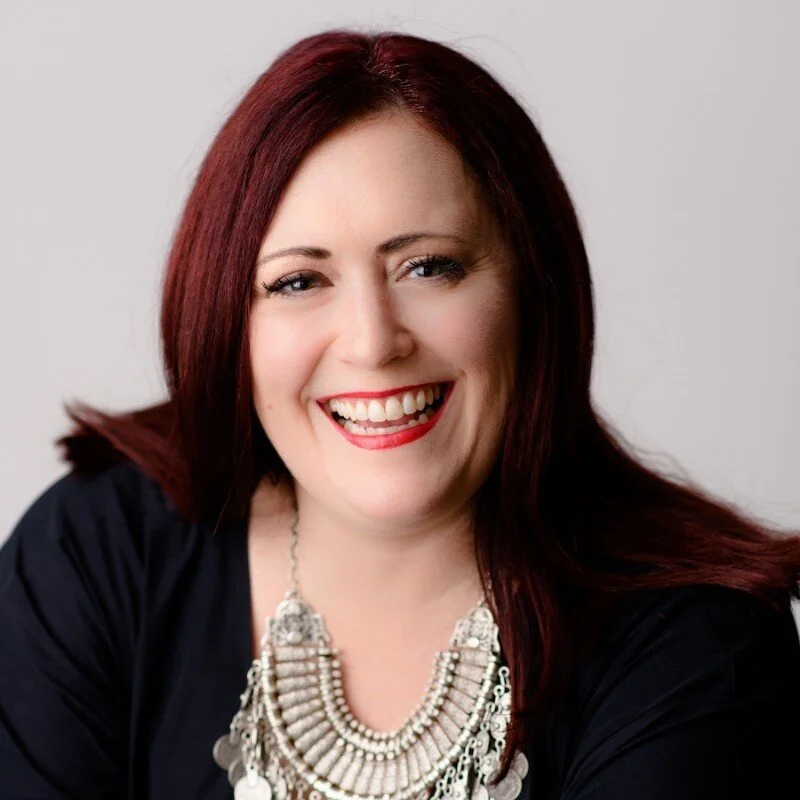TheBridge profile: Kristina Wilfore
Name: Kristina Wilfore
Current city: Washington, DC
Current job: Senior Director, Disinformation Defense
Past job: Chief of Party in Kenya, International Foundation for Electoral Systems
Q. Favorite spot for a coffee meeting? Istanbul.
Q. Describe how a skill you learned in a previous job helped you in your current job. Diplomacy! My roots are in activism in the US, as the first director of a nonprofit to fight right-wing ballot initiatives across the country and galvanize support to organize a progressive response. This required developing creative methods to fight well heeled opponents. When I moved to Ukraine as the Director of the National Democratic Institute's office, this was the beginning of a decade of work to support people in their fight for democracy around the globe. In international development, the levers of influence are not only at the grassroots, but in challenging, diplomatically, the authoritarian regimes holding back individual choice and opportunity, and trying to find the space to allow fair election systems or the growth of civil society, the acknowledgement of women's rights and the rights of ethnic minorities. This is only possible through using diplomacy at the top while supporting smart activism at the roots -- and somewhere in-between change is made possible, even in the most rigid of regimes. Now being back in the US for the 2020 election and working with organizations on the progressive left, I am using the tools of diplomacy to try to influence these organizations to more effectively translate their ideas and demands. We have to find a bridge to filling the divides that exist in this country. The US is deeply polarized, and so are many countries in world where division is a tool for holding power. So how do we be the opposite of that? This is what I spent a lot of time on in social justice movement work, which requires a different way of thinking about your role and how to fight unchecked power, how to be on the side of democratic norms and not be sucked into government sponsored propaganda (yes, that's what it is!). I never thought these lessons would be applicable to the US, but here we are!
Q. Job advice in three words? Do your best.
Q. How are you (or your company, org, nonprofit) currently bridging the gap between innovation and regulation? I view disinformation and the role of social media as one of the most significant threats to democracy in the modern world. Big tech has failed to prevent their platforms and their products from being toxic to society, and we may just lose a critical election because of it. It's deeply troubling how reality is perverted when malign actors are able to use social media for harm, largely without recourse. My work is always focused on democracy gaps, and in the US context this is one of the largest. I'm working to hold social media companies accountable and build public immunity to disinformation, but it's an uphill battle. Let's take gender equality as one issue. Big tech and social media platforms can play a critical role in ensuring more gender-inclusive and participatory democracies, yet the issue of women’s experiences online is not being taken very seriously. Online attacks aimed at delegitimizing, depersonalizing, and ultimately dissuading women from being politically active are common occurrences. At this rate, women have the potential to be deplatformed from democracy. Globally women politicians are facing shocking amounts of sexism, harassment and threats. Yet, almost no resources are dedicated to understanding how this phenomenon affects our democracies and the efficacy of interventions. Social media companies refuse to take responsibility for the outcomes of their products. Policymakers have failed to even define the problem, although there are recent positive changes in the US House in this regard. Most think tanks, academic institutions and philanthropies, which are investing hundreds of thousands or millions of dollars on democracy and technology, are often blind to the realities of women in politics. This lack of awareness distorts our understanding of actual gender bias among citizens/voters, limits interventions and diminishes our pushback among media and social media platforms. We have a lot of work to do!
Q. Why are you part of TheBridge community? Why do you think it's important this community exists for tech, policy and political professionals? This year has brought the closing chapter to several American heroes including a champion for gender equality in the form of Ruth Bader Ginsburg. There are more everyday heroes out there fighting for the things they believe in, you don't have to be a Supreme Court Justice to have impact. While we keep the pressure on and look for ways to lead, we should heed her wise words - "Fight for the things that you care about, but do it in a way that will lead others to join you." As a community I appreciate what TheBridge is trying to do, help us figure out our shared values and how we can be more accountable to them across different sectors and viewpoints. We have to keep talking in order to figure it all out! Thanks for making the space to do so!
Q. What can innovators learn from policymakers? How it’s possible to reform Section 230 and at the same time not stifle innovation. Hate should not be profitable, period!
Q. What can policymakers learn from innovators? How Whatsapp works, if we take anything from the first big Congressional hearing with Mark Zuckerberg! This is part of the problem - lawmakers who don't understand the technology. Regardless, policymakers didn't have to understand how to work in a meatpacking plant in order to institute regulations against factory work in the early 1900s that poisoned customers and abused immigrants. Where is our Upton Sinclair of Big Tech? We need truth tellers! We need industry leaders to think about the ethnics of their design, the ultimate impact of their product in the hands of bad actors, and how we can be responsive to truth and fact, not conspiracy and hate.
Q. Favorite book/podcast/long-form article you recommend? Shameless self promotion - I recommend my own podcast, Fatima's Hand Podcast. The feminist content on podcasts felt too white and too Western to me. So I thought, why not feature change agents across the globe fighting for women’s equality? I wanted to create a place to talk about everyday activism and hear inspiring stories and practical advice from women in the Middle East, Africa and Europe. And not just to talk politics, but to hear about the person behind the activism– what is their story, experience and insights? What are the roots of their activism? What I've learned from working on the ground in over 25 countries is that we all have more in common than we do differences across cultures, and this is especially true for women fighting for a seat at the table. Our experiences with discrimination are universal, and therefore so are the solutions.
Q. Everyday is probably different, but can you describe a "day in the life" of your job? Reading over polling results, writing talking points, helping design voter ed programs, looking through loads of disinformation aimed to do harm and trying not to bang my head against the wall!
We include leaders spotlights in out bi-weekly updates sent to the community. Sign up to stay up to date with events, people, jobs, info in tech, policy and politics:


